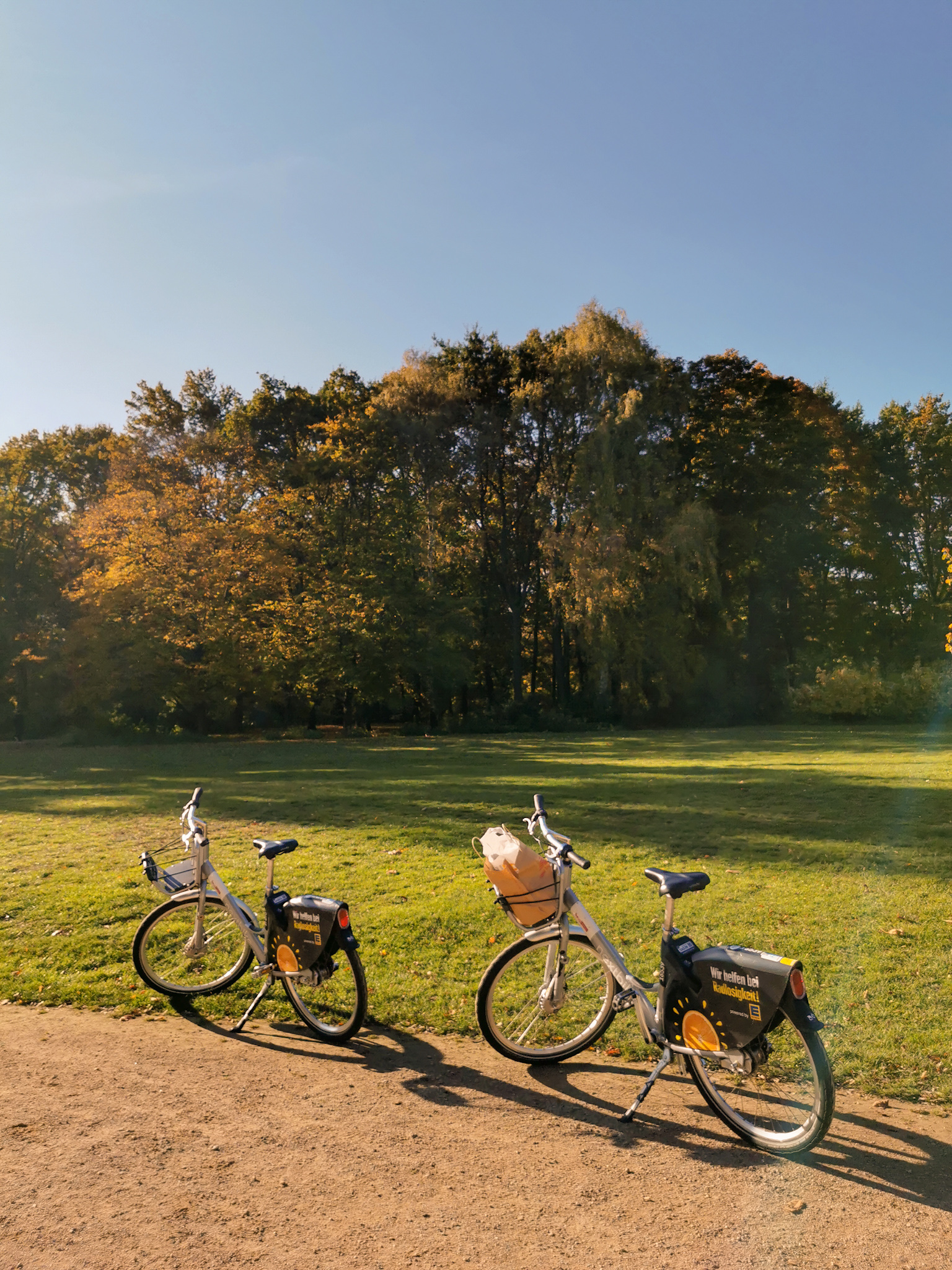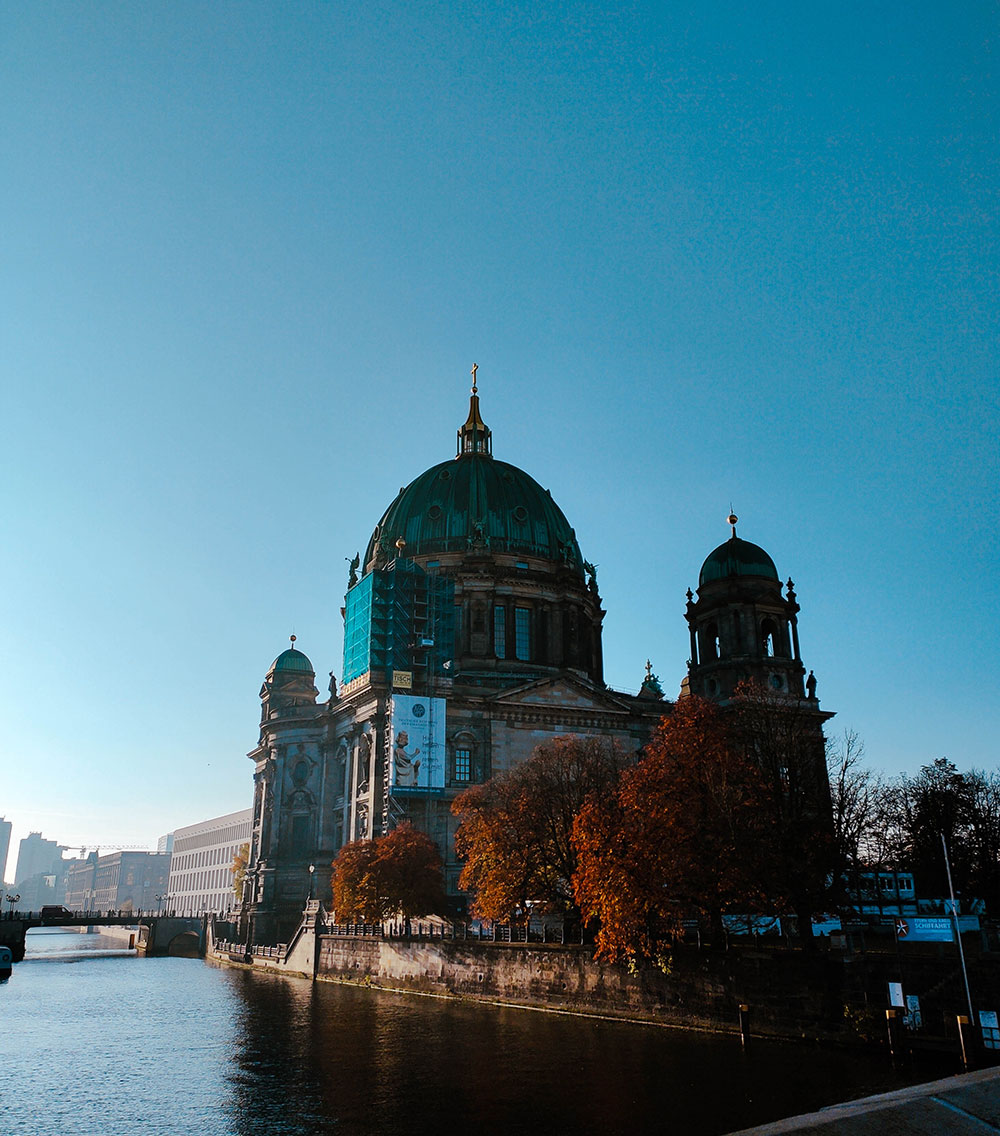How to Get There
By Airplane
Germany is served by several major international airports, with Frankfurt Airport being the largest and busiest. Other significant airports include Munich, Berlin, and Düsseldorf, offering direct flights from numerous cities around the globe.
By Train
Germany boasts an extensive rail network operated by Deutsche Bahn (DB), providing efficient connections from neighboring countries. High-speed trains like the ICE make traveling between major cities quick and comfortable.
By Car
Germany is easily accessible by car, thanks to its well-maintained road network, including the famous autobahn. Note that while there are no general tolls on highways for cars, some tunnels and bridges may require fees.
By Bus
Numerous bus companies operate routes into Germany from surrounding countries, often at lower prices than trains. Services like FlixBus provide budget-friendly options for travelers.
How to Get Around
Trains
The train system is one of the most popular ways to navigate Germany. Deutsche Bahn operates a comprehensive network of regional and intercity trains, making it easy to travel between cities and regions.
Buses
Buses connect smaller towns and rural areas not served by trains. Local services are efficient, while companies like FlixBus offer intercity connections across Germany and beyond.
Urban Transport
Major cities have extensive public transport systems, including buses, trams, and subways (U-Bahn). In Berlin, for instance, tickets can be purchased at machines or online, with prices starting around €2.80 for a single journey.
Bicycles
Cycling is popular in many German cities, with bike-sharing systems available for convenient rentals.
Taxis
Taxis are widely available in urban areas but can be more expensive than public transport options.
Car Rentals
Renting a car is a great way to explore the countryside or less accessible regions. However, be prepared for potential parking fees in city centers.
SIM Card Options
For mobile connectivity during your stay in Germany, consider purchasing a local SIM card.
- Telekom (T-Mobile): Offers prepaid plans starting at €14.95 for 5 GB of data.
- Vodafone: Provides various prepaid options, including €20 for 10 GB.
- O2: Known for competitive pricing, with plans starting at €9.99 for 3 GB.
eSIM Options in Germany
If you’re looking for convenient mobile connectivity during your stay in Germany, several providers offer eSIM plans.
- Telekom (MagentaMobil): Telekom offers both prepaid and postpaid eSIM plans. All plans include access to 4G and 5G networks, calls and SMS within Germany, and EU roaming.
- Vodafone (GigaMobil): Vodafone provides flexible prepaid and postpaid eSIM options. Vodafone’s eSIMs have extensive coverage and reliable service throughout Germany.
- Airalo: Airalo offers a variety of eSIM data packages specifically for Germany, starting as low as $5 for 1 GB valid for 7 days, up to $26 for 20 GB over 30 days.
- Holafly: Holafly is also providing unlimited data eSIM plans starting at $19 for various durations. This option is great if you a digital nomad who need consistent internet access without worrying about data limits.













